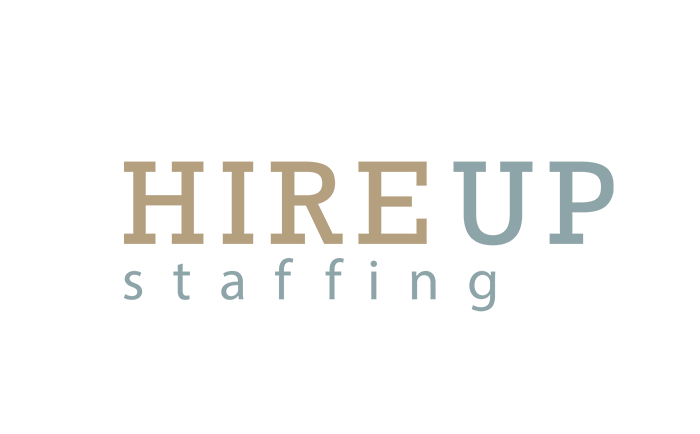Dairy tends to spark some controversy. Some claim that pasteurized, low-fat dairy is healthy and should be consumed two to three times per day1, while others say that raw, full-fat dairy is a health food2. Some, however, insist on no dairy at all.
Below is an overview of some issues to consider when deciding whether or not dairy is right for you and, if so, which type. The health benefits and risks associated with dairy, as well as some ethical and environmental considerations.


Health Implications
Bone Health
Pro
* milk and other dairy products are high in calcium, magnesium, phosphorus, potassium, protein and vitamin D, which are essential for bone health
Con
* high levels of retinol (vitamin A) can weaken bones7
* dairy is not the best or only source of calcium – collards, boy choy, fortified soy milk, baked beans, and supplements with both calcium and vitamin D are also good choices
Vitamin D
Pro
* processed dairy in the US is fortified with 100 IU vitamin D per glass
* following the USDA recommendation, 3 glasses of fortified milk provides 300 IU of the recommended 800 IU+ per day9
Con
* processed US milk is fortified with vitamin D2, a form that the body does not utilize as well as D3
* dairy alone is not enough to meet daily vitamin D requirements
* dairy is not the best or only source of vitamin D – a 3.5 oz serving of wild salmon contains 360 IU vitamin D; canned tuna and sardines are also good food sources; sun exposure and supplements are great sources as well9
Chronic Disease
Pro
* dairy is high in protein and is therefore very satiating, which may help those trying to control their appetite for weight loss
* lactose, the sugar found in milk, is broken down slowly and does not promote high spikes in blood sugar, which may make it a suitable option for diabetics
* yogurt and kefir are excellent sources of “good” bacteria that have been shown to promote a healthy gut
Con
* consuming animal protein and dairy may promote prostate and ovarian cancer7
* reducing animal products can reverse other chronic diseases like heart disease and diabetes
* 30 to 50 million American adults are lactose intolerant; 95% of Asians, up to 80% of African Americans, Hispanics, and Ashkenazi Jews, and nearly 100% of American Indians are lactose intolerant10. Continued consumption of lactose in those who are intolerant and have symptoms of diarrhea or loose stools may suffer vitamin and mineral deficiencies or other long term health implications.
Ethical and Environmental Implications
Natural Diet
Many consider cow’s milk to be one of the most ideal foods nature provides, particularly when prepared in traditional ways, such as culturing. Others question the idea of drinking the milk of another species. Humans, like other mammals, produce milk for a specific purpose – to feed their own babies until the babies are ready to move on to solid foods. Milk from a cow is designed to make a newborn calf grow rapidly in only a few weeks, causing some to believe that it may not be the ideal food for human children or adults.
Animal Treatment
Some small farmers treat their cows humanely and allow a more natural relationship between mother cow and calf while still being able to collect milk for human consumption. However, large industrial milk factories often subject their cows to filthy living conditions. Animal mistreatment at factory farms is well documented. Some also question the ethics of impregnating a cow for milk production and taking away her calf shortly after birth (often for slaughter to sell veal) in order to maximize economic profits.
Sustainability
Animal agriculture is a major contributor to global warming and the pollution of our water and air. In addition, vast amounts of land, water and fuel are used for cattle feed, grazing and processing. Globally, agriculture accounts for 60% of nitrous oxide and 50% of methane emissions11. The dairy sector contributes 4% to the total greenhouse gases worldwide12. Some argue that we could feed many more people at lower cost if the land and resources were instead used to grow crops for human consumption. Others believe that in some cases the benefits outweigh the drawbacks, which may be able to be mitigated if the grazing land and animal waste is carefully managed. By researching companies, buying from small, local farms and choosing your suppliers carefully, you can help support the farms that are producing dairy more responsibly.






